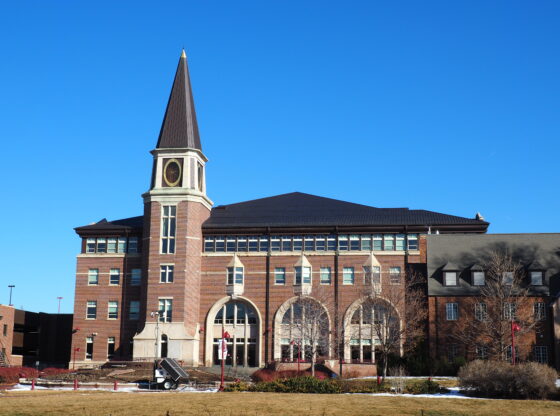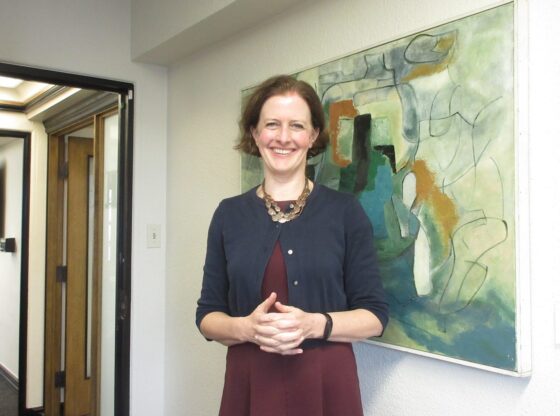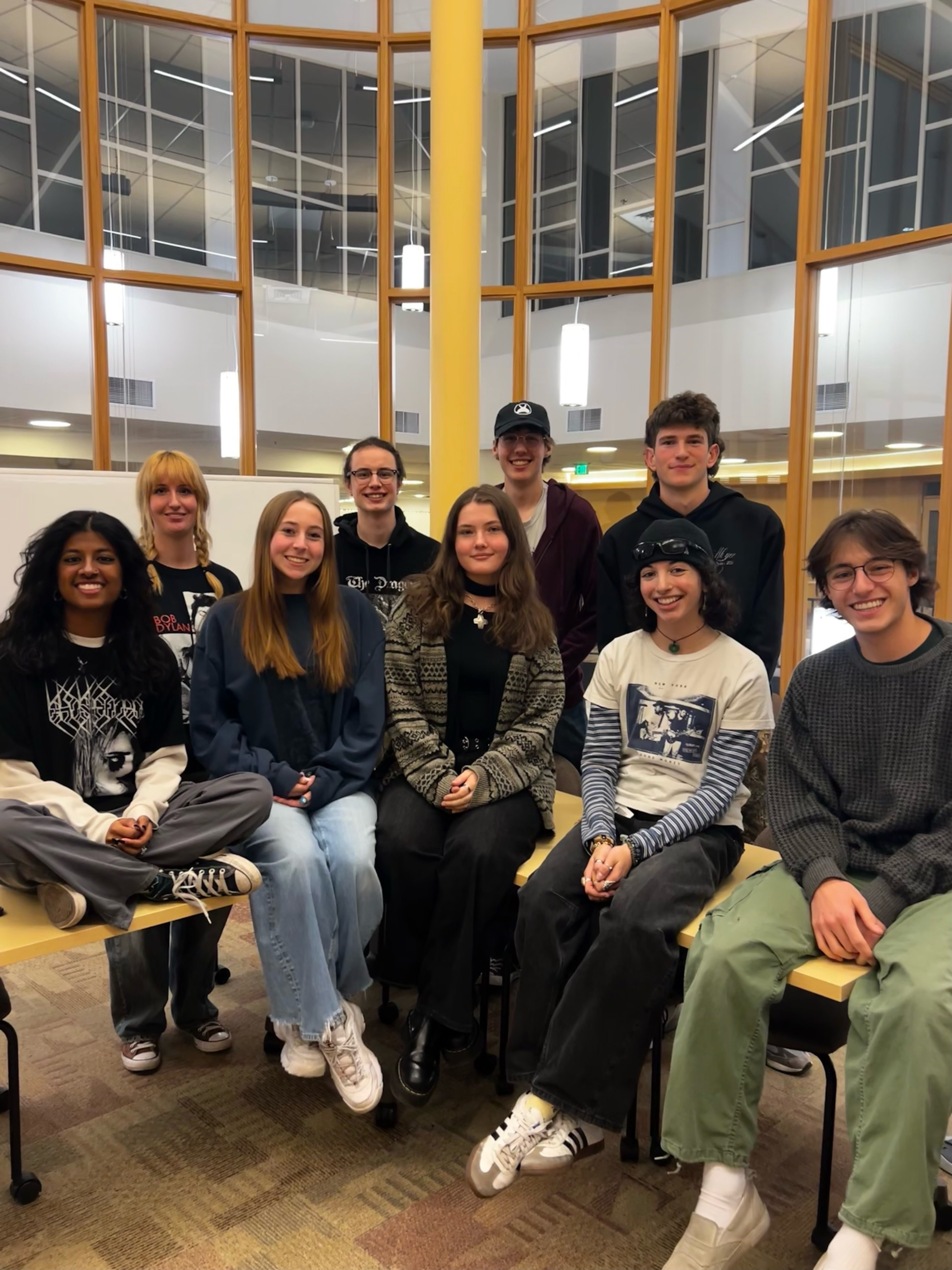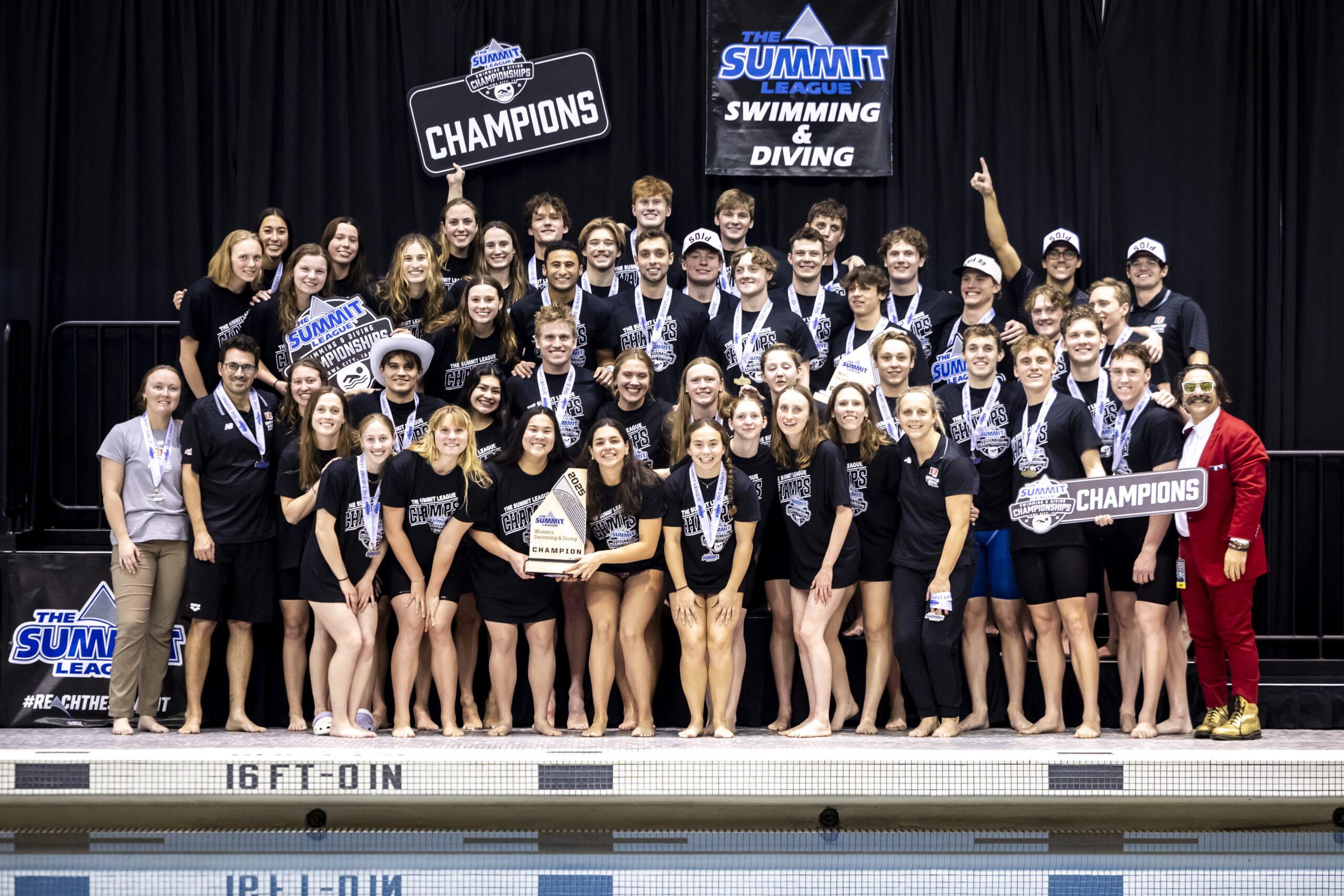Professors need all perspectives on issues
DEAR EDITOR,
“They Hated Back” by Lys Smith was a very thoughtful article. Having spent a considerable amount of my adolescence in “Geekville,” I can relate to the difficulties many of these kids experience.
It hurts to be ridiculed and I’ve noticed the cruelty seems even more vicious now than in the 70’s. Maybe I was “in denial,” but I never noticed parents and other adults fostering the cutthroat culture before now.
I am a parent of a truly wonderful kid at DU, and because of the negative aspects of my own middle-and-senior high school days, I became an expert in kid-to-kid emotional sniping. We decided as a family to homeschool through high-school, and I believe it made more compassionate people out of our children.
Homeschooling is not the only way, however. Any parent can take the time to model empathy, compassion and most especially, love. Tragically, when parents bail out on their kids, other people must step forward to help.
But it’s just not the same! The sustained connections and primary influence parents have on their children cannot be ignored, even if their example is only by its omission.
I can only hope, for the few fragile ones, that mentoring and good adults in their lives will be able to salvage a healthy identity. For a good resource, the Search Institute has the “40 Developmental Assets” study that demonstrates the needs a child-friendly community helps address. See www.search-institute.org/assets.
Thank you for a timely article in the Clarion. I am proud of you!
Regine M Chambard, Doctor of Veterinary Medicine
————————————————————————————-
DEAR EDITOR,
I recently read a story in the Clarion indicating that some students have experienced very one-sided discussions in classrooms. I’d like to put in my two cents on this matter. I’ve only been at DU for two quarters now, but have already had my share of professors who are extremely verbal about what side of certain issues they stand on. Not only that, but some of the more charismatic ones are apt to make unsought derogatory remarks about anyone or anything that comes into conflict with their views. This is great for the students in class who happen to agree with the professor, but not so fabulous for the others who hold a conflicting point of view.
I’m a 29-year-old student trying to finish my degree before I get too ancient. Fortunately, mostly due to my age and experience in life, I am pretty set and confident in my views. However, that doesn’t mean I’m not open to hearing what others have to say and why they see things as they do. Having said that, I’d like to admonish the professors at DU to not forget that they are here to educate students by encouraging them to think critically, not by cloning their own ideals in the minds of their “young padawans.”
One reason I love DU is that the classes are small and tend to encourage discussion and respectful debate. A great professor is one who can hold their own ideas, but places more importance on allowing the students to profess their own opinions, and more importantly, how to back them up and support them in the face of opposing points of view.
Professors, take a back seat instead of getting on a soapbox. Be a guide to the voicing of young minds instead of inadvertently stifling them with the power and influence of your office. It’ll make for a much more interesting class session.
Rachel Maxwell
————————————————————————————-
DEAR EDITOR,
As an avid supporter of student-run media, and a former newspaper writer at my undergraduate institution, I was extremely disappointed with the poor journalism and sensationalist stance exhibited by Dan Martin’s article, “DUI’s up due to ‘dry’ campus drinking policies”, run in your Feb. 3 edition. While I understand the student perspective will not always coincide with that of the university administration, of which I am admittedly a part of, the fact that I am quoted in this article compels me to respond.
While driving under the influence of alcohol or other drugs is a serious matter, and the university should take an interest in helping its students avoid such poor choices, I must strongly object to the underlying theme of Martin’s article — namely, that the university encourages such illegal, reckless and ignorant behavior.
I must admit my bias: whether DUIs are on the increase or not, university policies should be guided by principle, not dictated by those who choose to break the law. However, Martin presents no evidence whatsoever — aside from one anecdotal report — to support his theory that DUIs are on the rise because of a “dry” campus (and it should be noted that the campus is not dry – Martin finally mentions that he is specifically referring to the Greek system in the last sentence of the third paragraph). While I cannot be certain of Martin’s intent, I find it telling that one of the two other quotes Martin chooses to share is that allowing alcohol at Greek functions would “provide a sense of community on the DU campus.”
If Martin were truly concerned about whether there has been an increase in such incidents, where are the statistics? Where are the interviews with the Denver Police Department? I would think it self-evident that, when attempting to determine if there has been an increase in the crime rate, you should discuss the matter with those responsible for enforcing the law.
Instead, it seems Martin’s main point in writing this article was to somehow piece together, without reference to reality, a case for allowing alcohol at Greek functions. When he does quote someone responsible for policy enforcement — namely, me — he twists the facts. While I acknowledge that some students will choose to break the law (a fact that is independent of university policy), Martin knows perfectly well I never agreed “the bottom line is … a dry [campus] will invariably result in drunk driving.” Drunk driving occurs all too often across the board, even among those who have access to alcohol in their living space – claiming those who are willing to play roulette with their own (and others’) lives would somehow be dissuaded merely because alcohol is allowed in Greek houses is pure fantasy.
I admit it is easier to toss around pseudo-factual statements such as “this scenario is increasingly common” or “I don’t know for sure, but I feel … there has been an increase,” but does it really meet any definition of journalistic ethics? Had this piece appeared on the opinions page, perhaps it would have been excusable, but to feature it on the front page as a factual report is just poor judgment. I can only hope that, in the future, the editorial staff of the Clarion will take better care with the truth.
Daniel Kast, Director Citizenship and Community Standards











